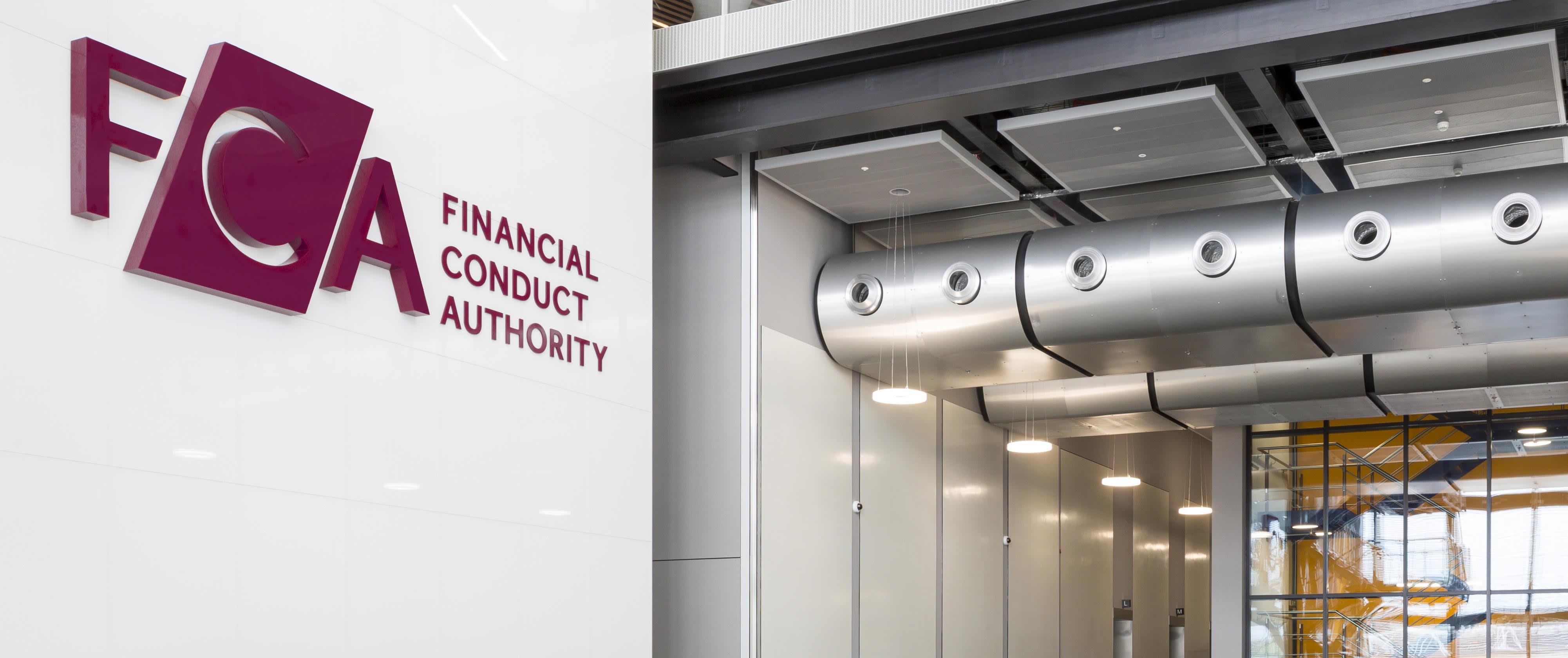
The Financial Conduct Authority has proposed that larger IFA firms will see a 5.9 per cent increase in fee payments to the regulator.
The funding requirement for fee-block A.13, which includes IFAs among others, has increased by 8.9 per cent, from £86.8mn to £94.6mn, but the actual fee-rate that advisers will pay has increased by 5.9 per cent.
FTAdviser understands this is due to factors such as higher incomes being reported or the amount of firms within the sector.
Although smaller adviser firms will only pay the minimum fee which, for this year, the FCA is proposing to freeze at last year’s rate of £1,500.
The regulator said in its fee proposal document published today (April 5) that its overall AFR is estimated to go up by £53.3mn in 2023/24, an increase of 8.5 per cent from £630.9mn in 2022/23.
The AFR is made up of two parts: firstly the ongoing regulatory activities (Ora) budget which is the baseline cost of operating the FCA plus the extension of regulatory responsibility projects (described in previous years as scope change projects). Then there is exceptional projects – these recover the costs of additional work the FCA undertakes to implement government initiatives and legislation.
The FCA put this change in funding requirement down to the extensions to regulatory responsibility and exceptional projects.
Most of them affect all fee payers so their costs will be recovered proportionately across all fee-blocks.
The Ora was a total of £664.4mn and exceptional projects was £25.3mn.
An FCA spokesperson said: “The FCA has a growing remit and we need to make sure we’re properly resourced to deliver on our objectives. We are determined to drive up standards, whether that is with a tougher authorisation process, the introduction of the consumer duty or assertive supervision and enforcement.
“We recognise the financial pressure some firms are under, which is why we are proposing a rise in fee below inflation and a freeze on minimum fees, which are the only fees paid by 17,000 of the smallest firms we regulate.”
Now that the pre-paid funeral plans scope project has completed, the FCA is incurring the permanent cost of supervising the firms that have been authorised which will be £1mn in 2023/24 and is allocated to a new fee-block it has set up for these firms (A.23).
In 2022/23, it uplifted Ora by £3.1mn in anticipation of the increase in the employers’ national insurance contribution.
Since that was reversed, the FCA said it has credited the full amount to 2023/24.
“There is a credit of £0.3mn on the £8mn cryptoasset scope change costs we recovered last year,” the regulator said.
“We are crediting this back to the fee blocks concerned.”
The FCA said the amount it collects under the AFR will be reduced by the penalty revenues retained from 2022/23.
“Before paying the revenues we receive to the exchequer, we can retain some of the enforcement costs incurred in generating them,” it said.






